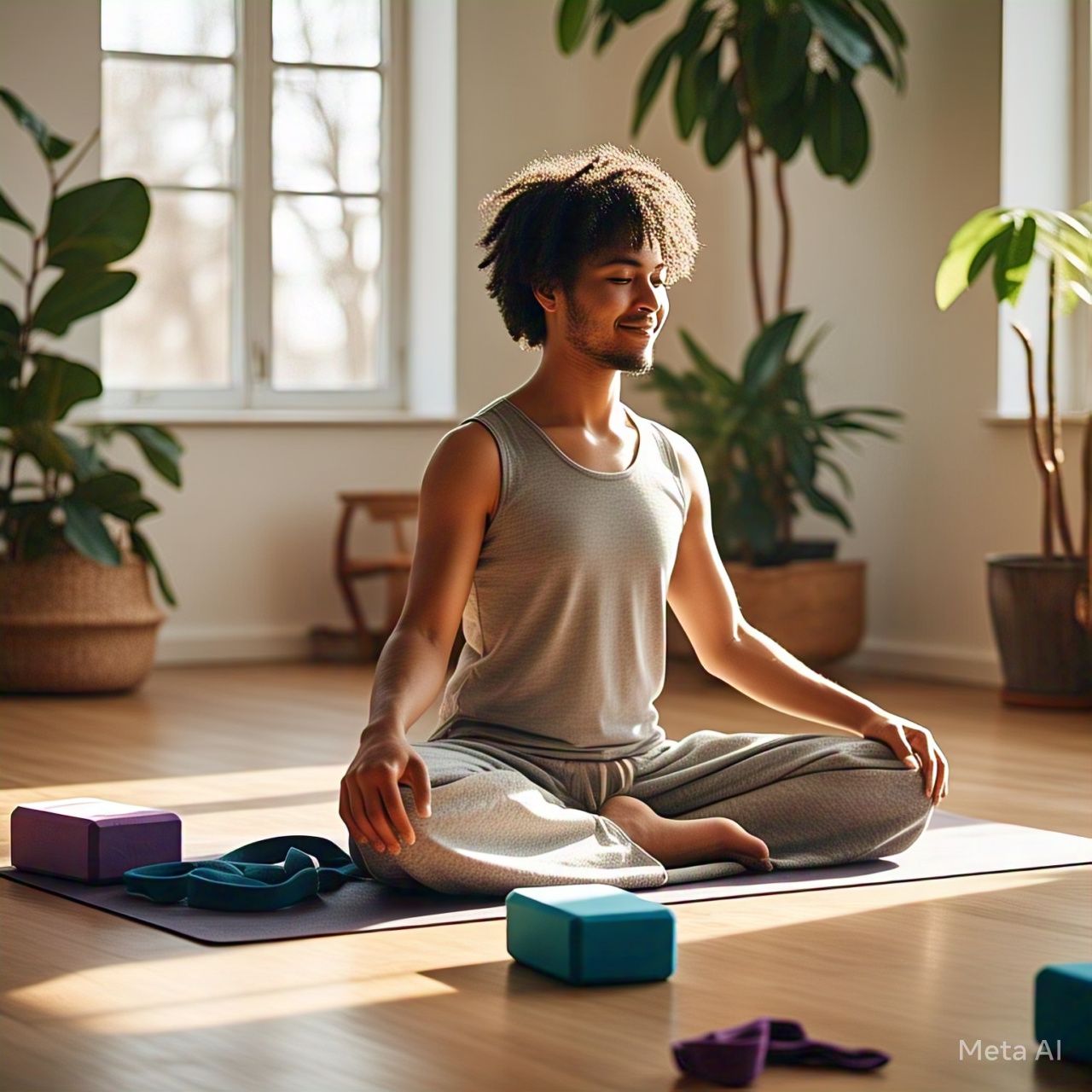In a world filled with unpredictability, constant stimulation, and endless to-do lists, it’s easy to feel overwhelmed, scattered, or emotionally drained. While self-care practices like journaling or meditation are helpful, one of the most underrated tools for emotional balance is simple:
👉 A consistent daily routine.
A healthy routine creates rhythm, stability, and predictability — all of which your mind and body crave.
In this article, we’ll explore how having a routine improves emotional health, reduces anxiety, and helps you feel more grounded — plus how to create one that actually works for you.
Why Routine Supports Emotional Well-Being
Your brain thrives on patterns and predictability. When you have a stable routine:
- You reduce decision fatigue
- You create a sense of control and safety
- You build positive habits more easily
- You free up mental energy for creativity and focus
- You reduce emotional overwhelm from chaos and disorganization
Structure doesn’t limit your freedom — it supports your peace of mind.
How a Lack of Routine Affects You Emotionally
When your days feel unstructured or chaotic, it can lead to:
- Increased anxiety and stress
- Trouble sleeping or staying focused
- Mood swings or irritability
- A sense of aimlessness or lack of motivation
- Overthinking and procrastination
- Emotional burnout
Without clear boundaries between work, rest, and personal time, it’s easy to feel like you’re never really off — or fully on.
Emotional Benefits of a Consistent Routine
Here’s how a routine can directly improve your emotional health:
1. Reduces Anxiety
When you know what to expect from your day, your nervous system can relax. You feel more in control, even when life gets unpredictable.
2. Builds Confidence and Self-Trust
Keeping simple commitments to yourself — like waking up on time or eating regular meals — reinforces that you can rely on you.
3. Improves Mood Stability
Routine anchors your energy and emotions, making you less reactive to external stressors.
4. Supports Better Sleep
Consistent routines around bedtime help regulate your circadian rhythm — improving both quality and quantity of sleep.
5. Boosts Productivity Without Burnout
With a routine, you can focus your energy, avoid multitasking, and create space for rest without guilt.
Key Elements of an Emotionally Supportive Routine
A healthy routine isn’t about rigid schedules — it’s about intentional rhythms that help you feel safe, energized, and supported.
Here are areas to focus on:
☀️ Morning Routine
Start your day with intention — not stress.
Examples:
- Wake up at the same time each day
- Drink a glass of water
- Stretch, move, or breathe
- Avoid screens for the first 30 minutes
- Set one simple goal or intention for the day
Even a 10-minute morning ritual can shift your entire mindset.
🍽 Mealtime Rhythm
Eating at regular times nourishes both your body and mood.
Tips:
- Eat at similar times each day
- Step away from work or screens while eating
- Prepare or choose meals with care
- Avoid skipping meals — especially when stressed
Stable blood sugar = stable emotions.
💻 Work and Focus Blocks
Define when you’ll work — and when you’ll stop.
Suggestions:
- Use time-blocking or a planner
- Include short breaks every 60–90 minutes
- Set a clear “end of work” time
- Don’t multitask your personal time with work duties
Structure creates more freedom — not less.
🌇 Evening Wind-Down
Your body and brain need time to transition into rest mode.
Evening routine ideas:
- Dim the lights
- Do light stretching or gentle movement
- Journal, read, or reflect on your day
- Avoid screens 1 hour before bed
- Go to bed around the same time each night
The way you end your day sets the tone for the next one.
How to Build a Routine That Works for You
There’s no perfect routine. What matters is that it feels supportive, realistic, and flexible.
Here’s how to start:
- Pick 2–3 anchor points in your day (e.g., wake-up, lunch, bedtime)
- Stack new habits onto existing ones (e.g., drink water after brushing teeth)
- Start small — 5-minute routines are powerful
- Be flexible, not rigid — adapt when life shifts
- Track how you feel, not just what you do
Over time, your routine will become a rhythm — a foundation of emotional steadiness.
Final Thoughts: Structure Creates Space for Peace
You don’t need to plan every minute of your day.
You just need a rhythm that helps you move through life with more ease, clarity, and care.
So whether it’s a glass of water in the morning, a quiet walk at sunset, or shutting down your phone before bed — each small habit adds up to something powerful:
✨ A life where your body feels safe, and your mind feels calm. ✨
Because routine isn’t about control.
It’s about creating the emotional space to thrive.
